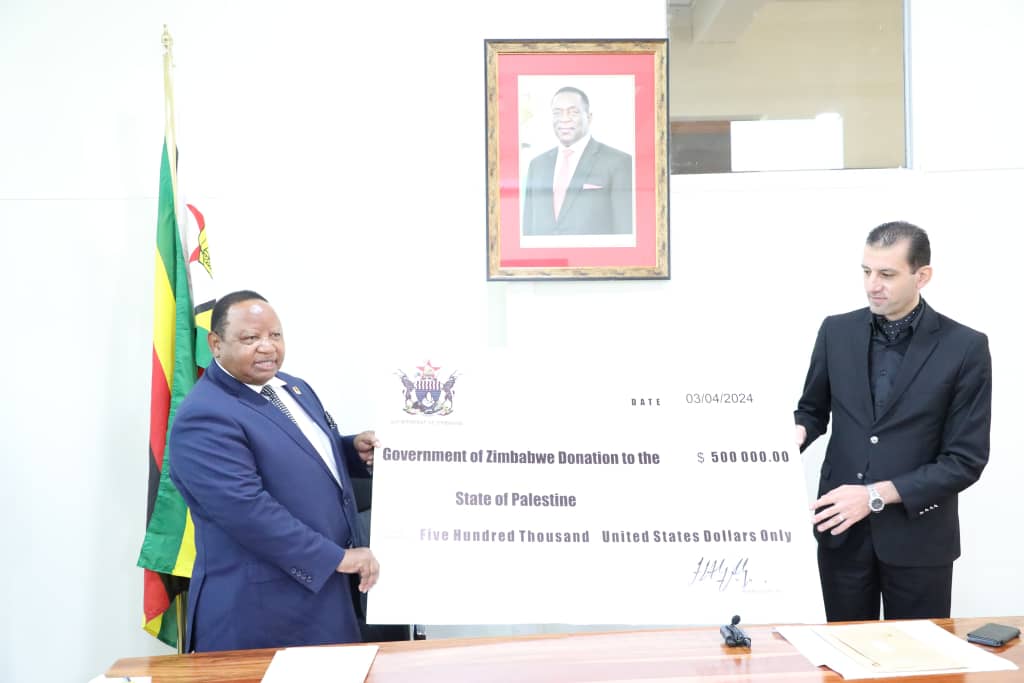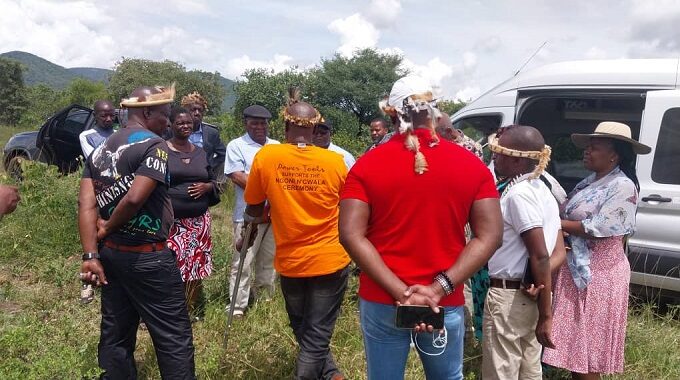
The Parliamentary Portfolio Committee on Local Government recommended that the 250 traditional chiefs should be allocated $35 000 each to procure vehicles of their choice, as their terms of office were much longer than those of MPs.
Committee chairperson Irene Zindi on Tuesday told Parliament that the committee heard that $18 000 was not enough, as it could only buy single-cab trucks instead of the twin cabs the chiefs desired.
According to a Parliamentary record, while debating the 2015 National Budget in the National Assembly, Zindi said the committee was of the conviction that since the tenure of chiefs was longer than that of parliamentarians, they should be given the $35 000 and repay over a longer period
“Furthermore, the officials informed your committee that chiefs could only get vehicle loans up to $18 000 instead of $35 000 based on their current allowances,” Zindi said.
“With $18 000, they can only buy single-cab trucks rather than the twin cabs they desire. Your committee was of the conviction that since the tenure of chiefs is longer than that of parliamentarians, they should be given the $35 000 and pay over a longer period.
“On the same note, chiefs also felt that it was high time that their allowances were reviewed.”
During the chiefs’ annual conference in Gweru recently, President Robert Mugabe told them they could get any car they wanted and government would bankroll the purchases.
If the government approves this, it will further raise questions on where its priorities lie, as, for example, the authorities only spent $205 000 on schools last year and $180 000 on HIV and Aids awareness programmes.
In 2012, the more than 250 traditional leaders made shock demands to be given diplomatic passports and firearms for personal security.
The chiefs, who are paid $300 in monthly allowances and drive government-issue vehicles, stand accused by Mugabe’s opponents of dabbling in partisan politics.
Also this year, chiefs demanded that government treats them the same way as judges and magistrates, arguing that they handle a lot of cases in rural areas, where the majority of the people live and that they bring justice to the grassroots.






